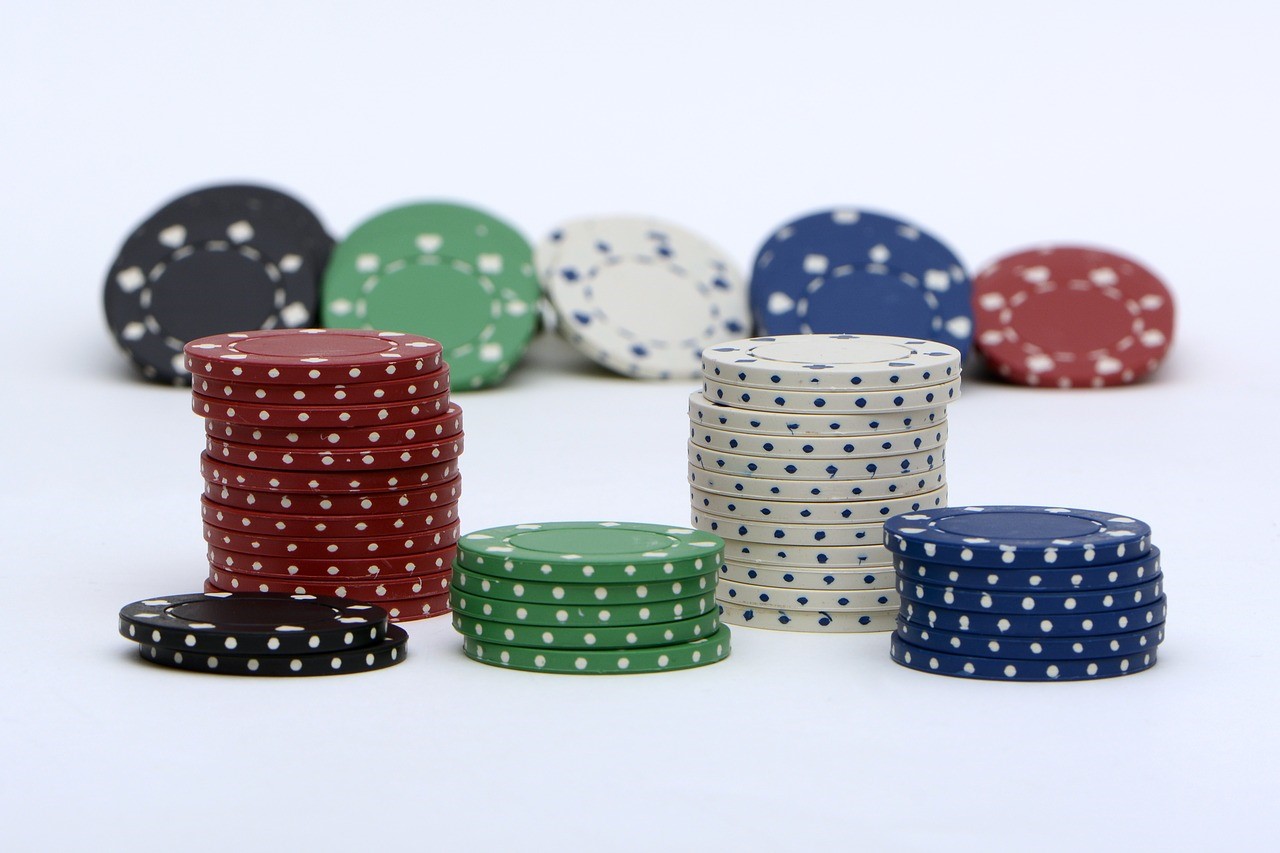You must have heard many people saying that gambling may be addictive and lose all their money and loved ones. However, we believe that gambling doesn’t need to be addictive. Now, you must know that any obsession can turn into an addiction. There are two kinds of gambling addiction – one is pathological illness and substance abuse.
Unlike cocaine, heroin, or alcohol, gambling addiction doesn't hurt physical health but impacts mental health and can drive a person into substance abuse. Pathological gambling relates to a psychological disorder wherein the patient feels either some or all of the following episodes:
- The preoccupation of thoughts about gambling
- Tolerance where the patient requires more or frequent wagers to experience the same rush.
- Escape issues like mood swings
- Chasing the gambling losses with more gambling
- Loss of control over the urges to retain from gambling.
- Lack of norepinephrine leading to addiction.

What is gambling addiction?
A gambling addiction can be an episode or a series of episodes where the subject gradually enters a psychological condition leading to psychological and physical health damage. The primary symptoms are very clear for a gambling addict that are listed below:
- Distress if not playing or gambling for a while
- Anxiety on the thought of leaving gambling
- Mental preoccupation
- Stress and mood swings.
- Bailout or asking friends and relatives for money.
- Lying about the problem to family and therapists.
The excitement of probable winning releases adrenaline or the chemical responsible for the "flight or fight" response. This increases the norepinephrine level in the brain and is consumed by the receptors. Now, your subconscious mind gets the idea that gambling helps you calm down, destress, relieve anxiety, kill time, and other excuses. Soon, these gradual episodes affect the subconscious brain, and the brain thinks of it as a routine. So, as the time between adrenaline releases increases, you feel the urge or craving to gamble. And soon, you become a gambling addict and show the symptoms of problem gambling.
However, one can get out of this mess by simply talking to the therapists and chalk out a path to reset the subconscious mind. The process may take some time and a lot of effort. But once the subconscious brain is out of the illusion, the person stops gambling for good. Howsoever, triggers will be there, and there is a possibility of relapse. Therefore, one must understand the basics and respect the law of gambling.
How is it different from recreational gambling?
While it may seem unlikely, it has been found that most gambling addicts have started gambling for recreation. It is like a game that you play or watch sports on the television. In recreational gambling, you are using your free time to engage in some activities.
In a classic pattern, recreational gambling is different from pathological gambling so that people don't get addicted to it. They may or may not play with real money and are often played within a family group or close friends. In recreational gambling, a person is not engaged mentally with the rush but with the consequences. So, if a person is aware of the consequences, that person can avoid falling into the vicious trap of gambling. Many recreational gamblers play slots on AllNewGclub which is save and secure alternative to land-based casinos.
Where can you have some recreational gambling?
Recreational gambling can be any gambling game like poker, blackjack, or roulette at home or a friend's place. However, the activity level is always marked with low-risk, moderate-risk, and high-risk. It has been found that people do not get addicted to gambling if they are playing a casino game without money or under the influence of drugs or alcohol. So, this is categorized as low-risk gambling. Moderate and high-risk gambling involves money that alters the mindset, and alcohol or drugs reduce the logical reasoning power of the brain to stop and leave.
So, you can have some recreational gambling at home or even online. But make sure that when you play, you don’t play for real money or under the influence of any substance.







